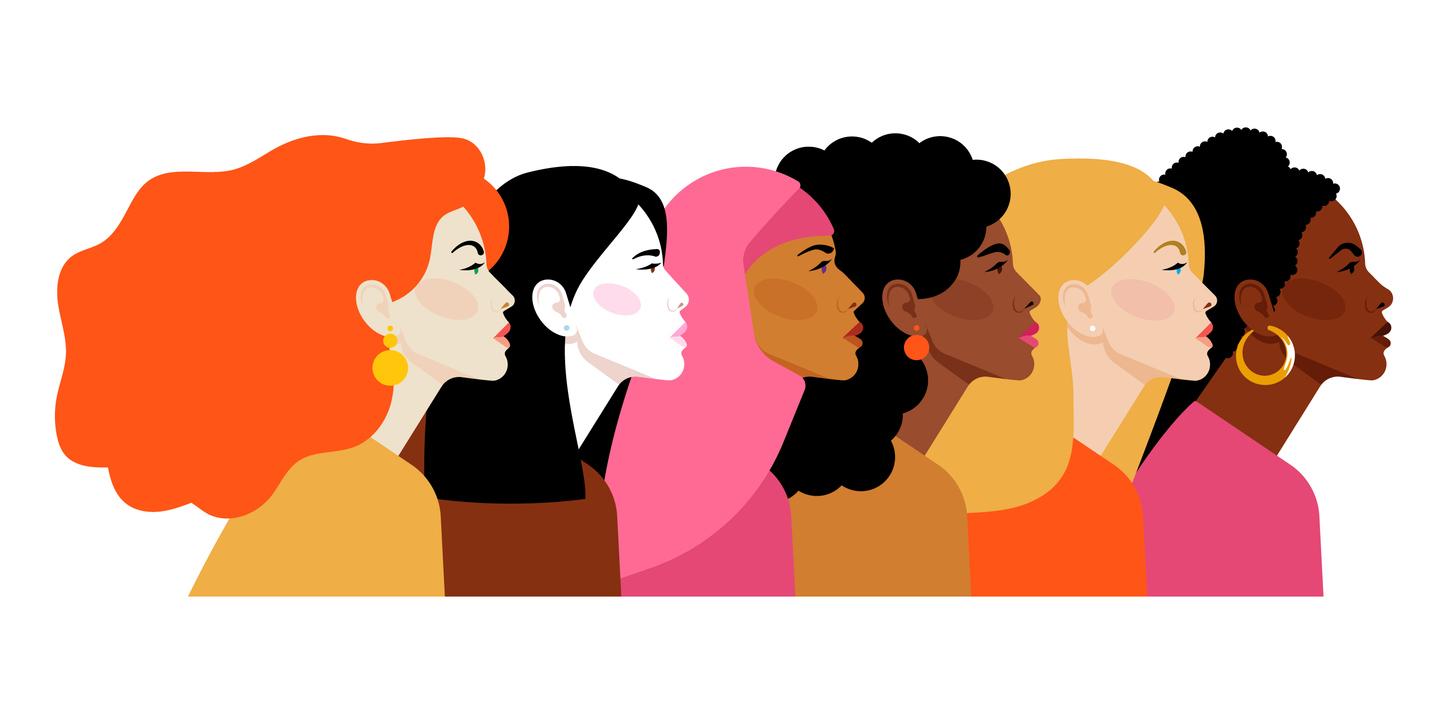200 million women are affected in 29 countries around the world, mainly in Africa. Excision consists of the removal of the clitoris or the clitoral hood in young girls, most often before the age of five. An act frequently performed without anesthesia, with serious consequences from a physical and psychological point of view. On the occasion of the world day of excision, on February 6, the NGO International planwanted to denounce this still too common practice. In Mali, for example, 85% of women are cut. “It is a very painful act, there are consequences that you bear all your life, consequences that you notice during adolescence, where you have pain each time during the menstrual cycle“says Madina Bocoum Daff, Malian committed against excision, at the microphone of France Info. Excision has a strong impact on women’s sexuality. Intercourse is painful and often poorly tolerated psychologically. But the list of sequelae does not stop there: the operation itself carries risks of bleeding and infection, urinary incontinence can occur and pain during childbirth are stronger. The NGO Plan international thus denounces a real handicap.
A real awareness campaign
To eliminate this practice, it is first necessary to inform the women who are victims of it. “The consequences of this form of mutilation are unknown to the populations practicing it. In fact, the majority of circumcised women who encounter these problems do not have the information that they are linked to the excision of which they were small victims, these problems for the most part only occurring at the time of puberty.“, explains the NGO on its site. And these pains have even become commonplace:”I have always been educated in the sense that a woman must accept suffering and must suffer in total silence.“says Madina Bocoum Daff to France Info.
A violation of women’s rights
In addition to its cultural and religious aspect, excision is also a way for men to control the sexuality of their wives. “Women are cut to decrease sexual sensitivity, so that they do not run behind men, so that they are faithful“thus reveals Madina.”Social pressure, the taboo around the subject, the lack of information on its harmful consequences for health, amalgamations with the Muslim religion, beliefs and superstitions deeply rooted in the communities, make excision one of the traditional practices. most difficult to eradicate in the world “, deplores the NGO.
Every day, 6,000 little girls are still subjected to these sexual mutilations.
>> To read also:
Mutilated flags to denounce excision
Female sexual pleasure: is cosmetic surgery useful?
Gynecologist: embarrassed by too intimate questions, some women shun the doctor
How to cure a sexual blockage?
















